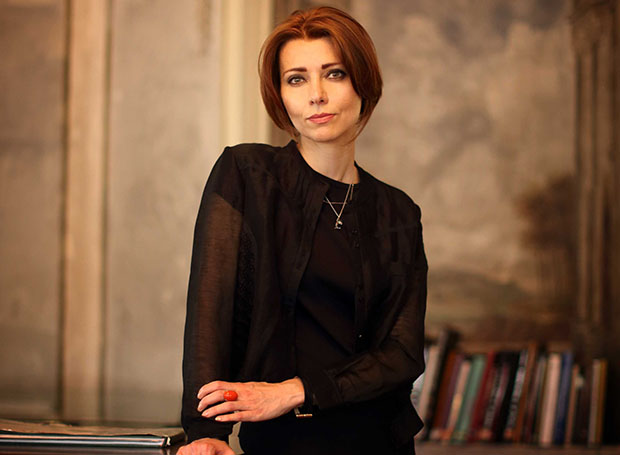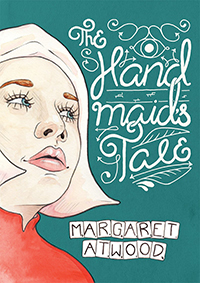
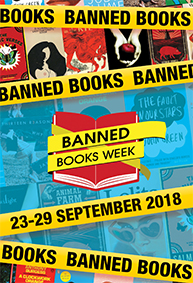
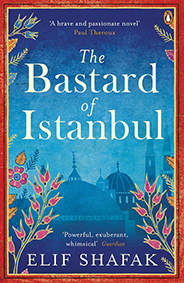
Bringing you top new fiction picks, author interviews, discounts and lots more book chat, the Edition Book Club is a partnership with Cambridge Literary Festival and Heffers
Banned Books Week special 23-29 September
To celebrate this month’s Banned Books Week, Charlotte Griffiths spoke to Liam Sims, Rare Books Specialist at Cambridge University Library
Banned Books Week is an annual celebration of the books and stories which, for one reason or another, have been suppressed. A week of global events, suggested reading lists and awareness campaigns aim to highlight the value of free and open access to information: and our city’s many libraries are no exception.
Cambridge’s main University Library – the UL – is the largest open-access library in Europe, with an astonishing eight million items on its shelves and in its archive. As one of six legal deposit libraries in the UK, it receives about 1,000 new items of published material every single week – including books, pamphlets, magazines, newspapers, sheet music and maps – and among them are often items which require special treatment. To be blunt: where do all the banned books go?
“Since the early 20th century, the University Library has maintained a collection known as ‘Arc’ – from the Latin ‘arcana’, meaning ‘secret things’ – where books of an erotic or otherwise offensive nature were kept,” rare books specialist Liam Sims explains, “This collection included books like the first edition of Joyce’s Ulysses, or private press books with risqué woodcuts, and obscene Italian poetry from the 17th century.”
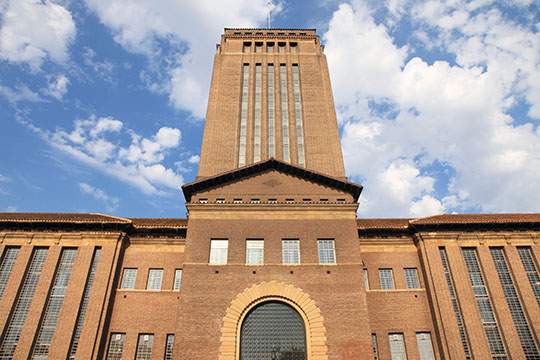
This wasn’t just about protecting readers from books: in some cases these titles were split out from the main collections to protect the books from readers. “Erotic illustrated books sometimes lost plates,” Liam adds.
Nowadays, it’s rare that books are banned for content, but the Arc is very much a living collection: titles are still regularly removed from circulation, suppressed by their publishers for legal reasons or, more mundanely, for reasons such as misprints in scientific textbooks.
“The Library itself does not make decisions on adding books to the suppressed part of ‘Arc’,” says Liam. “In a sense, the whole of the University Library is an Ark; it is a place of preservation and access. It is not a place of censorship.”
If a book does find itself on the wrong side of the law, it’s not the end of the road: many titles, banned in the past, are now firmly part of the literary canon. Is it merely a question of time passing for them to be viewed more sympathetically?
“I think you’re right,” Liam said. “What one generation considers offensive or dangerous is soon found by succeeding generations to be viewed in a much more harmless and often intellectually exciting way. And certain books – Ulysses for example, once banned by the University authorities in Cambridge – go on to become classics, in many cases the legal or moral storm around them helping to fuel interest. The likelihood is that books now considered controversial will in centuries to come be valuable records of the periods in which they were written.”
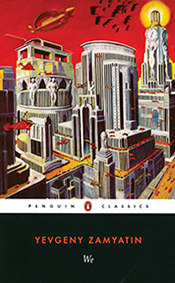
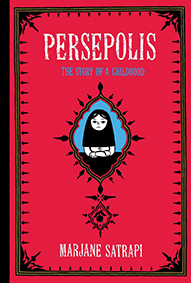
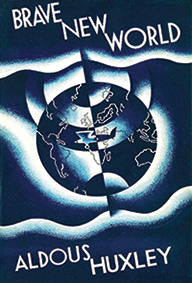
Ulysses is one of the most famous of the ‘Banned Books’: after starting life being serialised in a Chicago-based journal – beginning its long history of stirring up outrage – it found a publisher in Paris, emerging as a book in February 1922. The UL acquired a copy of the second printing, which arrived in Cambridge in December of the same year – disappearing into the Library’s stacks just in the nick of time. “Copies were burned by UK Customs early in 1923, and in 1926 – when FR Leavis tried to acquire a copy for teaching – the University was threatened with criminal proceedings,” Liam blogs on the UL’s website. Mansfield Forbes, the famously eccentric Fellow at Clare College, actually threw his copy of Ulysses into the Cam ‘inexpertly parcelled in mackintosh’ under cover of darkness, in fear of being found with it.
To mark Banned Books Week, the UL will share titles and suggest reading on its social media channels: its excellent exhibition Tall Tales, showcasing items of ephemera stored in the Library’s iconic brick tower, also continues until October 28. But if you’re keen to start exploring banned titles now, Liam has a few suggestions. “The list of books banned in Nazi Germany and the US is so lengthy, perhaps we could suggest some of those: Buddenbrooks, The Grapes of Wrath, Beloved, and All Quiet on the Western Front have all been banned at some point.”
Cathy Moore, director of Cambridge Literary Festival, on a banned book worth seeking out
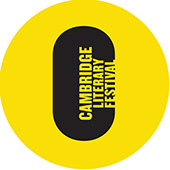
September 23-29 is Banned Books Week UK 2018, the annual celebration of the freedom to read and a reminder that everyone needs to speak out against the tide of censorship! This year, bookstores, libraries and schools across the UK will be getting involved and shining the spotlight on censorship. It therefore seems fitting that this month I focus on a writer who has faced prosecution for her writing. Elif Shafak (above) is an award-winning British-Turkish novelist. Born in France to Turkish parents, she has quietly assumed the role of public intellectual, writing ten novels and advocating for women’s rights, LGBT rights and freedom of speech. Her second novel in English, The Bastard of Istanbul, was the best-selling book in Turkey in 2006. In it, she addresses the Armenian Genocide which is systematically denied by the Turkish government. Probably the first Turkish novel to deal with the massacres, atrocities and deportations that decimated the country’s Armenian population in the last years of Ottoman rule, her bravery resulted in her prosecution on charges of ‘insulting Turkishness’.
Elif Shafak’s latest novel is The Three Daughters of Eve and she will be appearing at Cambridge Literary Festival’s winter outing in November. For full details visit cambridgeliteraryfestival.com.
Find out more at bannedbooksweek.org.uk
or follow @BannedWeekUK on Twitter.
Up next month: Take Nothing With You by Patrick Gale 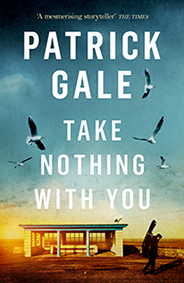
Next month’s book is by Patrick Gale, the bestselling author of A Place Called Winter and Notes From An Exhibition. Take Nothing With You – a poignant tale of survival and resilience – follows the story of 50-something Eustace, a gay Londoner who realises in the space of the same week that he has fallen hopelessly in love (with a man he has yet to meet in the flesh), and that he has cancer of the thyroid. While receiving treatment, he listens to endless hours of cello music recorded for him by his friend, Naomi.
This sets his memories circling back to the 70s: his eccentric boyhood, adolescence in his parents’ old people’s home in Weston-Super-Mare and how his life was transfigured – and his family’s stability shattered – by the decision to attend a recital by the glamorous cellist, Carla Gold.
Take Nothing With You can be purchased for £12.99 in hardback. Read along and tweet us your thoughts @cambsedition, with the hashtag #EditionBookClub for a chance to feature in the next issue.
IN ASSOCIATION WITH

VISIT HEFFERS THIS MONTH, ON TRINITY STREET, FOR THREE-FOR-TWO DEALS ON PAPERBACKS PLUS SPECIAL BANNED BOOKS WEEK PROMOTIONS

